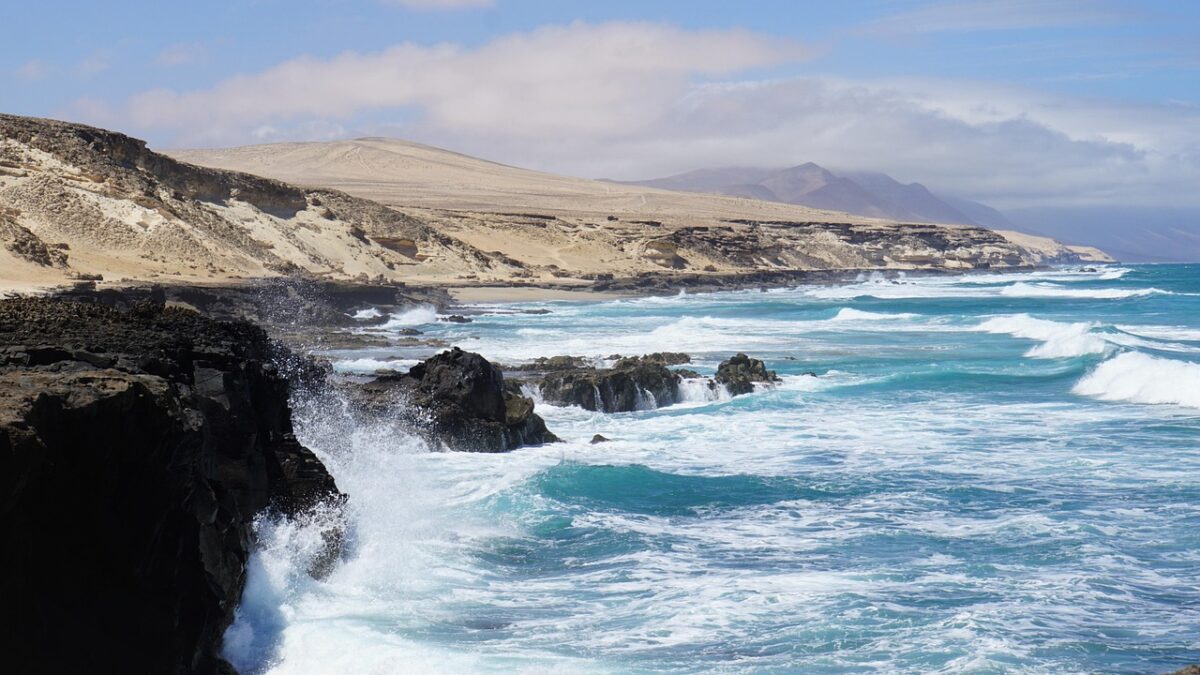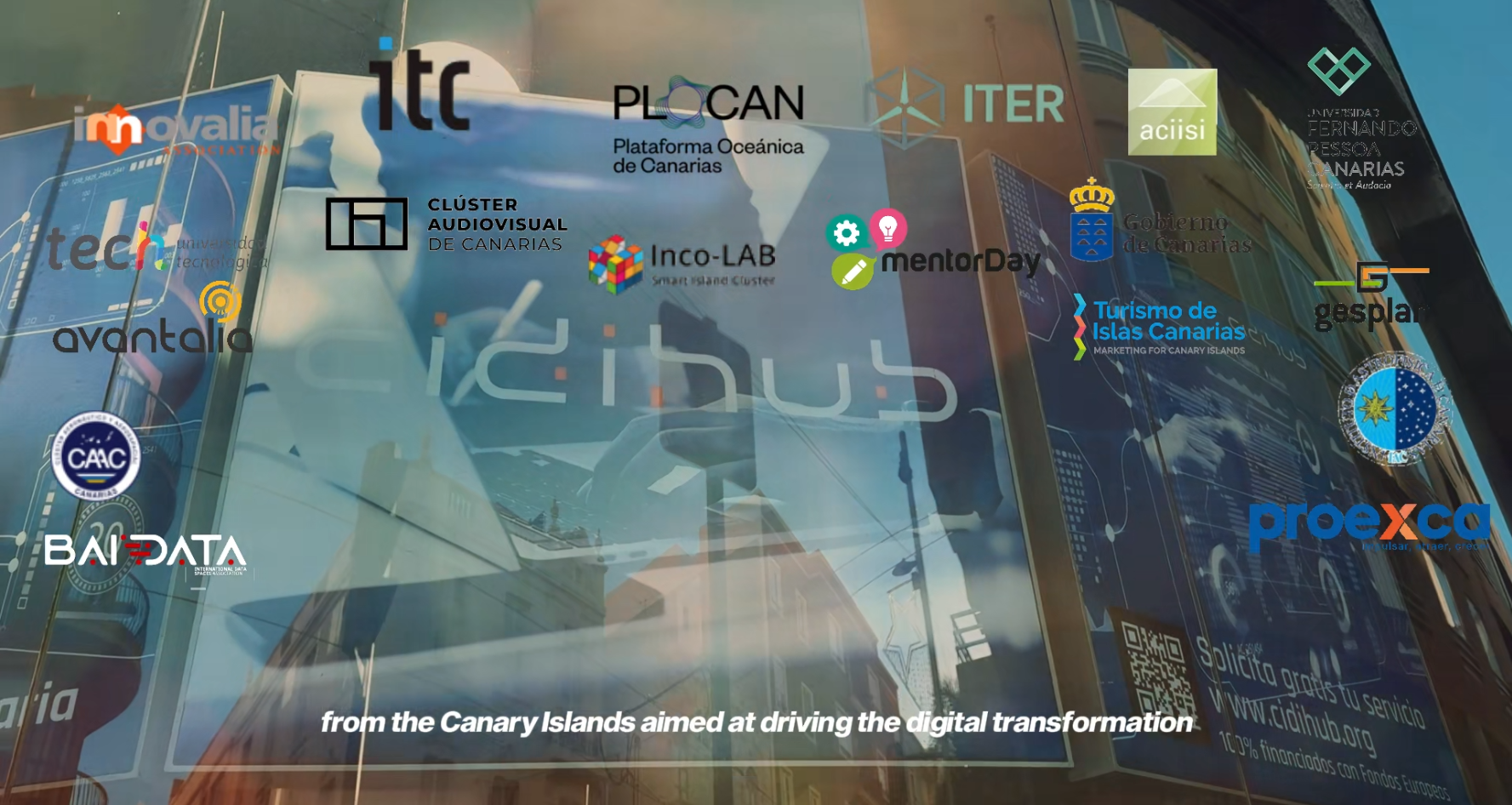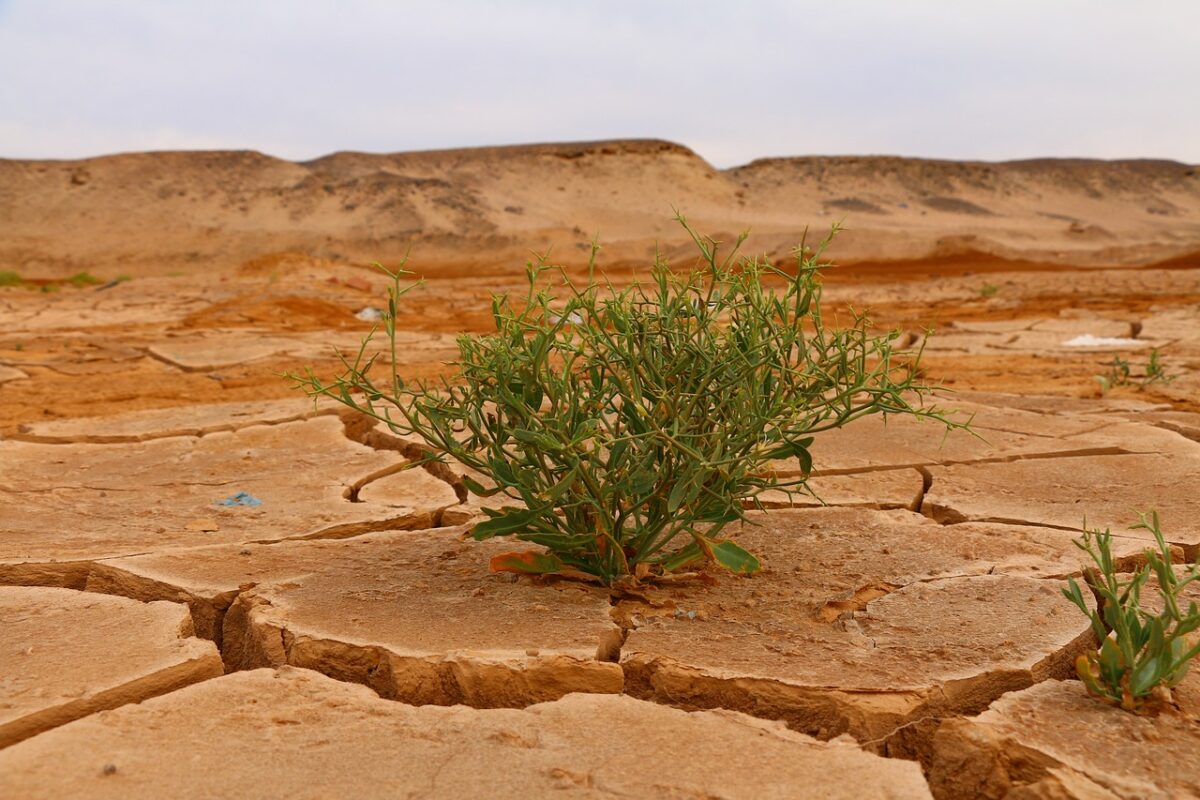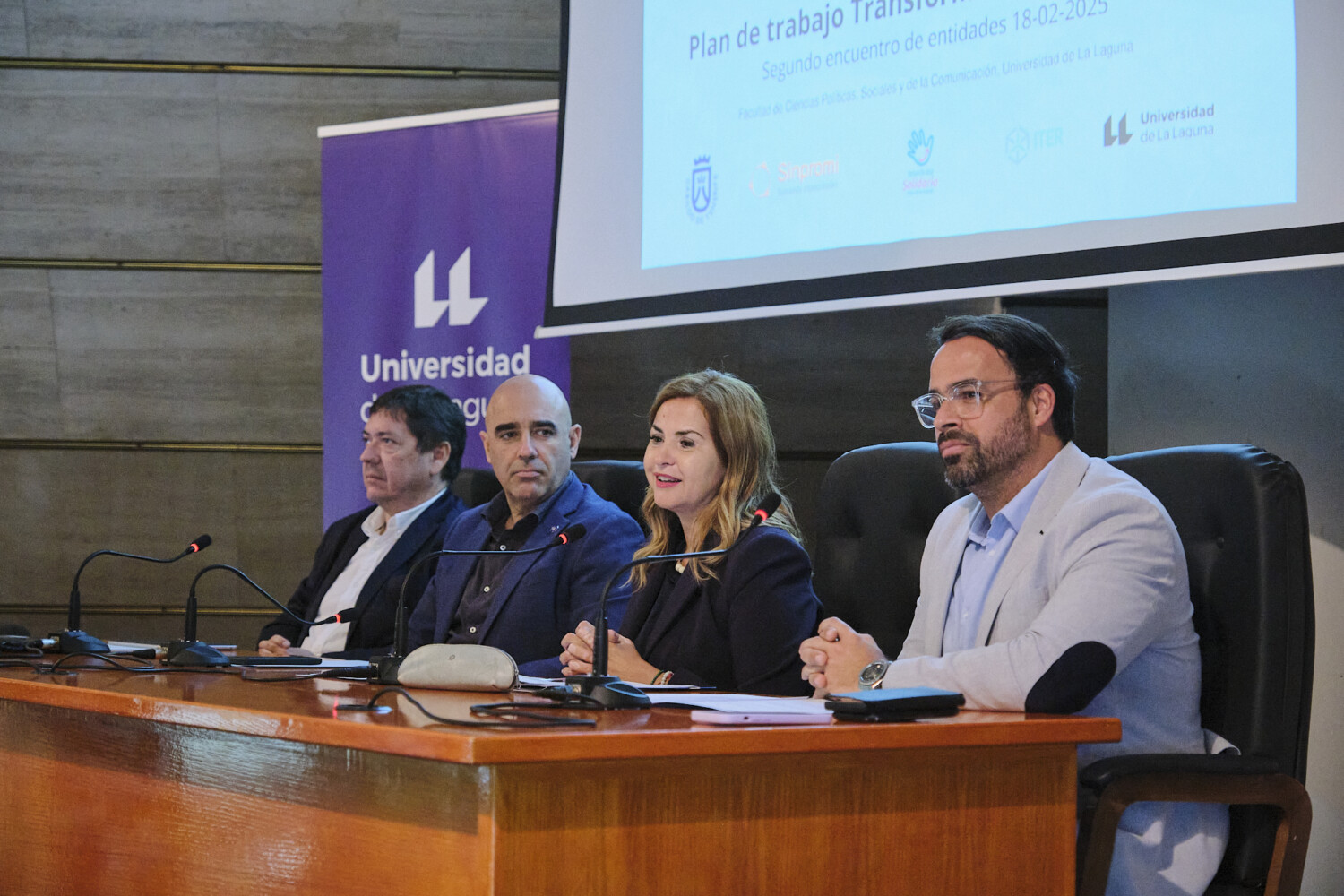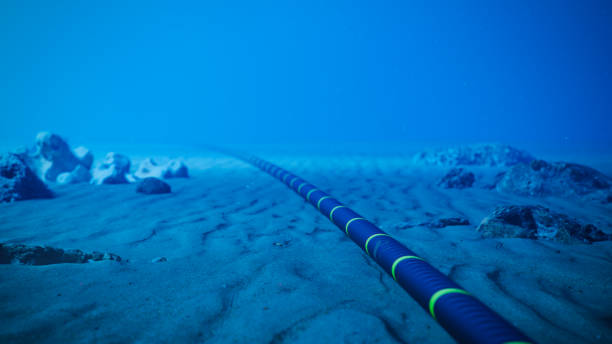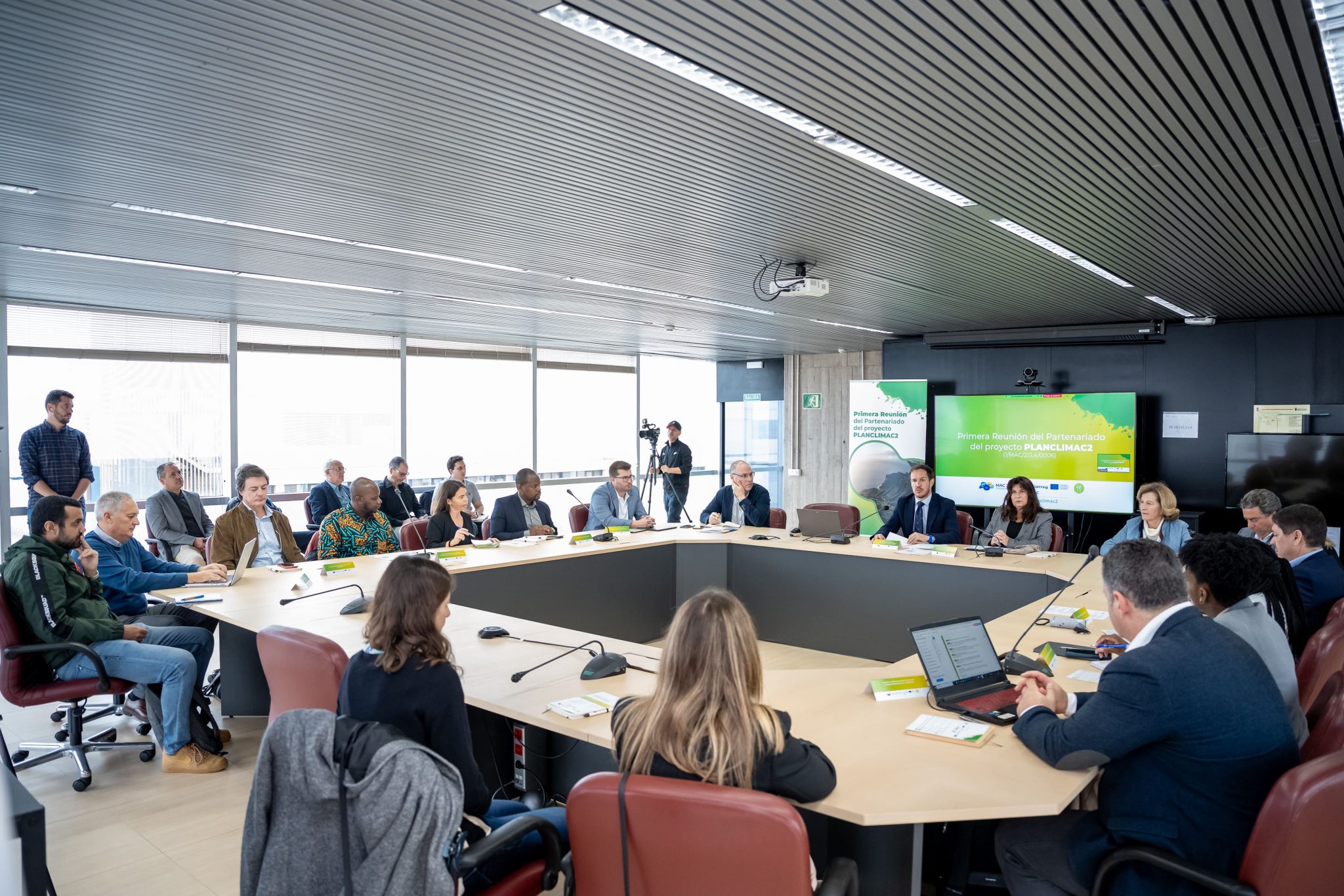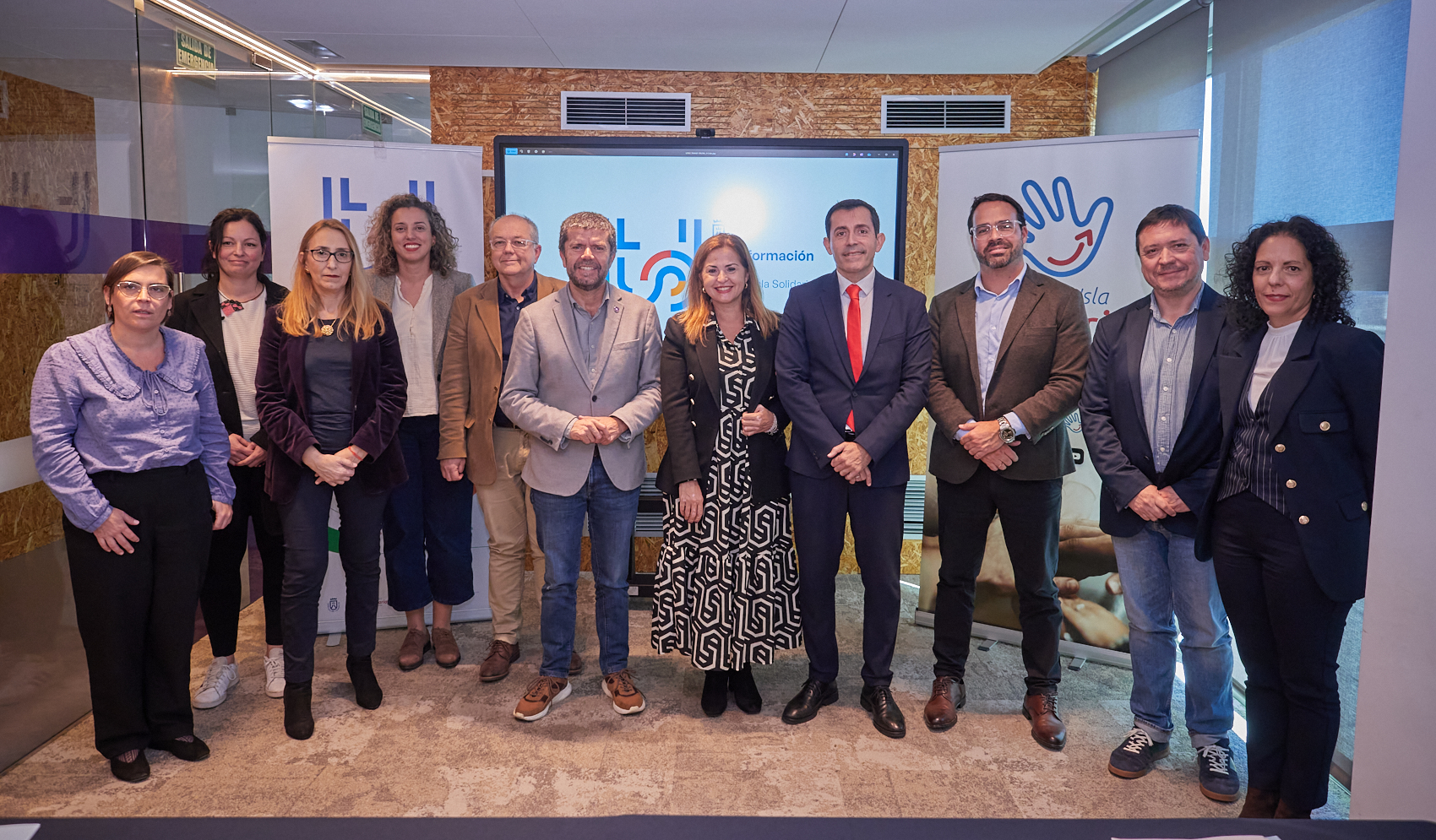Assessment of environmental impacts on coastal zones and shorelines due to climate change
Data
Acrónimo: IMPLACOST
Reference: 1/MAC/2.2.4/0009
Partners:
- Gobierno de Canarias Consejería de Transición Ecológica y Energía Viceconsejeria de Transición Ecológica, Lucha contra el Cambio climático y Energía
- Gestión y Planeamiento Territorial y Medioambiental S.A. (Gesplan)
- Secretaria Regional do Ambiente e Alterações Climáticas Direção Regional do Ordenamento do Território e dos Recursos Hídricos
- Secretaria Regional de Ambiente, Recursos Naturais e Alterações Climáticas
- Agência Regional para o Desenvolvimento da Investigação, Tecnologia e Inovação – Associação (ARDITI)
- Universidade da Madeira
- University of Las Palmas de Gran Canaria
- University of La Laguna
- Instituto Tecnológico y de Energías Renovables S.A.
- Cartografica de Canarias, S.A. (GRAFCAN)
- instituto Nacional de Gestão do Território (INGT)
- Direcção Geral do Ambiente e Acção Climática
- Ministry of Lands and Natural Resources General Directorate of Lands and Natural Resources
Duration: January 2025 – December 2028 (48 months)
Budget: 3,656,120.01€
Co-Financing: Programa de Cooperación Interreg MAC 2021 – 2027 / FEDER.

Project overview
The general objective of IMPLACOST is the assessment of environmental impacts due to climate change in coastal zones and shorelines of the region and third countries, contributing to Challenge 9 of the INTERREG MAC 2021–2027 program (“Addressing the challenges derived from climate change, as well as other challenges of the maritime basin, increasing efforts in prevention, training, education, and risk and emergency management”) and, indirectly, to challenges 1, 2, 3 and 8.
The results include prediction systems for coastal conditions, descriptions of future erosion scenarios, analyses of natural hazards in coastal areas, as well as access to information and citizen participation. Researchers, technicians, decision-makers, SMEs, and workers in the tourism and general services sector, as well as the general public throughout the MAC region, will benefit from these results.
The cooperation approach makes it possible to tackle the project’s common challenges, given the shared environmental characteristics and the archipelagic context of most of the regions included. It also facilitates coordination between administrations and socioeconomic revitalization.
As added value and innovative character, the development of repositories for the exchange of updated digital information at the regional level on coastal resilience, the incorporation of prevention in regions with emerging tourism, or the use of ICT (remote data collection, citizen science applications, etc.) stand out.
The project, titled “Assessment of environmental impacts on coastal zones and shorelines due to climate change” (code 1/MAC/2.2.4/0009), is co-financed by the Interreg MAC 2021-2027 Cooperation Program, within priority 2, “MAC VERDE: ecological transition, support for the development of a green and blue economy, fight against climate change, risk and disaster prevention and management.” The Interreg MAC program is an instrument of particular importance to deepen cooperation between its regions and countries, facilitating the promotion of their political, institutional, and economic relations.
El Instituto Tecnológico y de Energías Renovables, an entity dependent on the Cabildo de Tenerife, is a partner in the project, wich involves a consortium of 13 organisations from the Canary Islands, Ghana, São Tomé and Príncipe, Cape Verde, and Madeira.
Links of interest:


